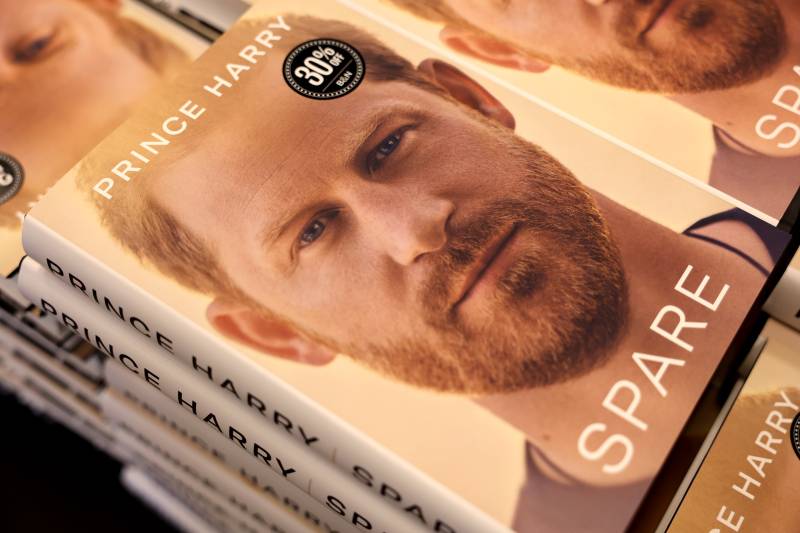Charles, who became king after the death of Queen Elizabeth II in September, faces the challenge of modernizing Britain’s 1,000-year-old monarchy to guarantee its survival. He has already said he plans to reduce the number of working royals and reduce the cost of the monarchy. This has been a long time coming, perhaps, but was delayed by one key factor: Elizabeth herself.
Personal affection for the queen meant that the monarchy’s role in British society was rarely debated during her seven decades on the throne. Now that she’s gone, the royal family is confronting questions about its relevance in a modern, multicultural nation that looks very different than when Elizabeth ascended the throne in 1952.
In Elizabeth’s world — governed by the mantra “never complain, never explain” — the sort of personal revelations in Harry’s book would have been unthinkable. He describes his mental health struggles following the 1997 car accident that killed his mother, Princess Diana. He recounts a physical altercation with his older brother, Prince William, reveals how he lost his virginity and describes using cocaine and cannabis.
Spare is the latest effort by Harry and his wife Meghan to tell their own story after they quit royal life and moved to California in 2020, citing what they saw as the media’s racist treatment of Meghan and a lack of support from the palace.
In the ghostwritten memoir, Harry, 38, alleges that Camilla forged connections with the British press and traded information on her way to becoming queen consort, essentially feeding unflattering stories on Harry and Meghan to the press in exchange for better coverage of herself.
The allegations are particularly sensitive because of Camilla’s role in the acrimonious breakdown of Charles’ marriage to Diana. While many members of the public initially shunned Camilla, she has won fans by taking on a wide range of charitable activities and has been credited with helping Charles appear less stuffy and more in tune with modern Britain.
Daily Mail columnist Stephen Glover leapt to her defense, arguing that Harry was just thin-skinned.
“I daresay some members of the royal family have passed stories to the press through their courtiers over the years, but it is absurd and naïve to infer that this was part of an orchestrated attempt to destabilize Harry and Meghan,” he wrote. “Royals are not puppets of the press, since — if they have any sense — they realize they can be biffed as well as praised. The wise ones know how to take the rough with the smooth.’’
But unlike Elizabeth, who famously issued a statement suggesting that “some recollections may vary” when confronted with racism allegations after Meghan’s interview with Oprah Winfrey in 2021, Buckingham Palace has responded to the first major crisis of Charles’ reign with silence.
That has left Harry to dominate the headlines on both sides of the Atlantic, apparently being served tequila on a late night U.S. television show and repeatedly talking about the House of Windsor’s dirty laundry.
Since this isn’t the first scandal to rock Buckingham Palace —among other sensations, Elizabeth’s uncle abdicated the throne to marry a divorced American — many of those who bought Harry’s book on Tuesday seemed certain the institution would weather the storm.
“They just have to shrug it off and carry on being the royal family,” James Bradley, 61, said as he bought a copy. “After the queen’s death, the royal family’s stock has never been higher in my lifetime, and this will just bounce off. In six months’ time we won’t be talking about this.”
But Steven Barnett, a professor of communications at the University of Westminster, expects Harry’s revelations to push the palace to be more transparent— perhaps more like other institutions such the White House or the British prime minister’s office at 10 Downing Street.
“He’s done us a favor in exposing the collusive nature, the conspiratorial nature of relationships between the royal family and the British press,” Barnett says. “They will have to change the way in which they do business with the press. And that’s a good thing. It’s a good thing for the monarchy and it’s a good thing for British society.’’
___


